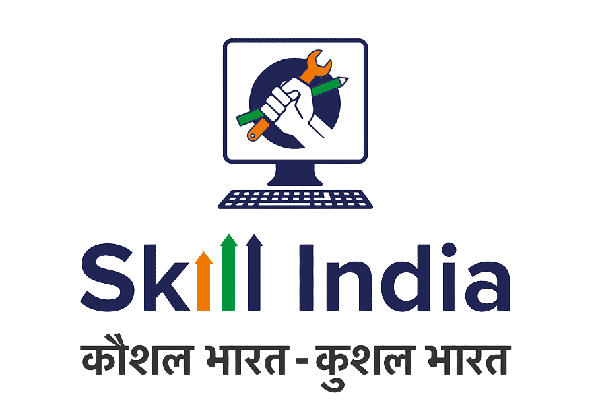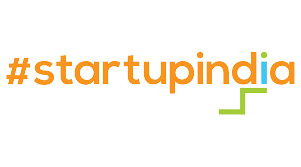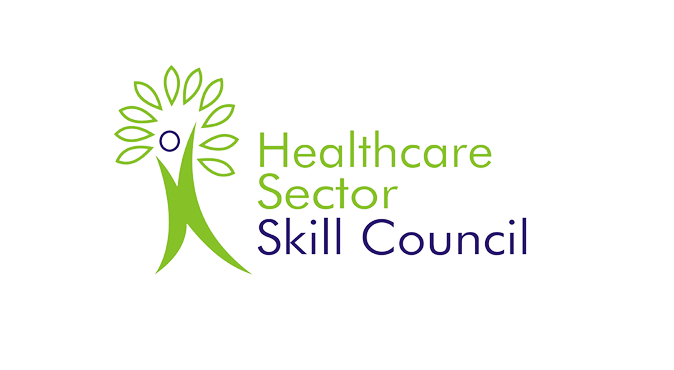Nursing Courses
ANM- Auxiliary Nurse and Midwife
Course Details: The ANM (Auxiliary Nurse and Midwife) course is designed to train students in basic nursing skills, midwifery, and primary healthcare. The curriculum includes subjects such as anatomy, physiology, microbiology, psychology, sociology, fundamentals of nursing, community health nursing, health promotion, child health nursing, and midwifery. Students also gain practical experience through clinical training in healthcare settings.
Course Duration: The duration of the ANM course is typically 2 years. This includes both theoretical instruction and practical training.
Eligibility: The candidate must have completed 10+2 or its equivalent examination from a recognized board. The candidate must be at least 17 years of age at the time of admission.
Scope: Graduates of the ANM course have a wide range of career opportunities in the healthcare sector. They can work as:
- Auxiliary Nurse Midwives in government and private hospitals
- Community Health Workers
- Home Healthcare Nurses
- Health Visitors
- Public Health Nurses
- Midwives in maternity centers and clinics
5. Fee: The fee for the ANM course varies depending on the institution and location. On average, the course fee ranges from INR 50,000 to INR 70,000 per year in India.


GNM- General Nursing and Midwife
Course Details: The General Nursing and Midwifery (GNM) course is designed to prepare students to work as professional nurses and midwives. The curriculum covers various aspects of healthcare, including anatomy, physiology, psychology, pharmacology, community health, and medical-surgical nursing. Students are trained to provide comprehensive nursing care to individuals, families, and communities.
Course Duration: The duration of the GNM course is typically 3.5 years, which includes 6 months of internship. The internship is an integral part of the course, providing hands-on experience in clinical settings.
Eligibility: To be eligible for the GNM course, candidates generally need to meet the following criteria:
- Completion of 10+2 with English and a minimum aggregate of 40-50% marks (this may vary slightly depending on the institution).
- Preference is often given to students with a background in Science (Physics, Chemistry, and Biology), though Arts and Commerce students are also considered by some institutions.
- Age limit typically ranges from 17 to 35 years.
- Some institutions may require candidates to pass an entrance exam or an interview.
Scope: GNM graduates have a wide range of career opportunities in the healthcare sector, including:
- Staff Nurse in hospitals and clinics
- Community Health Worker
- Home Care Nurse
- School Nurse
- Industrial Nurse
- Positions in nursing homes, orphanages, and old age homes
- Opportunities to work in public health services, military nursing services, and government healthcare projects
- Further education options like B.Sc Nursing, Post Basic B.Sc Nursing, and other advanced nursing courses
Fee: The fee for the GNM course varies significantly depending on the institution and location. On average, the fee can range from INR 60,000 to INR 90,000 per year. Government institutions usually have lower fees compared to private institutions. Additional costs may include textbooks, uniforms, clinical equipment, and examination fees.


B.Sc. Nursing
Course Details: The Bachelor of Science in Nursing (B.Sc. Nursing) is an undergraduate program that prepares students to become professional nurses. The curriculum includes a blend of classroom lectures, laboratory work, and clinical practice. Key subjects covered in the course are human anatomy, physiology, biochemistry, nutrition, nursing foundations, psychology, community health nursing, medical-surgical nursing, child health nursing, mental health nursing, and midwifery and obstetrical nursing.
Course Duration: The B.Sc. Nursing course typically spans 4 years, which includes theoretical instruction and practical training. Some programs may also include an internship period to provide hands-on clinical experience.
Eligibility: To be eligible for the B.Sc. Nursing course, candidates generally need to meet the following criteria:
- Completion of 10+2 or equivalent with Physics, Chemistry, and Biology as mandatory subjects, along with English.
- A minimum aggregate score of 45-50% in the 10+2 examination (this may vary slightly depending on the institution).
- Candidates should be at least 17 years old at the time of admission.
- Some institutions may require candidates to pass an entrance examination or an interview.
Scope: B.Sc. Nursing graduates have a broad range of career opportunities in the healthcare sector, including:
- Staff Nurse in hospitals and healthcare facilities
- Nursing Supervisor or Ward Sister
- Community Health Nurse
- Nurse Educator or Clinical Instructor
- Research Nurse
- Public Health Nurse
- Opportunities to work in government and private hospitals, nursing homes, clinics, and community health centers
- Pursuing higher education and specialization through M.Sc. Nursing, Nurse Practitioner programs, or other advanced nursing courses
- Administrative roles in healthcare settings
- Opportunities in international healthcare organizations
Fee: The fee for the B.Sc. Nursing course varies depending on the institution and location. On average, the fee can range from INR 60,000 to INR 90,000 per year. Government institutions tend to have lower fees compared to private institutions. Additional costs may include textbooks, uniforms, clinical equipment, and examination fees.






